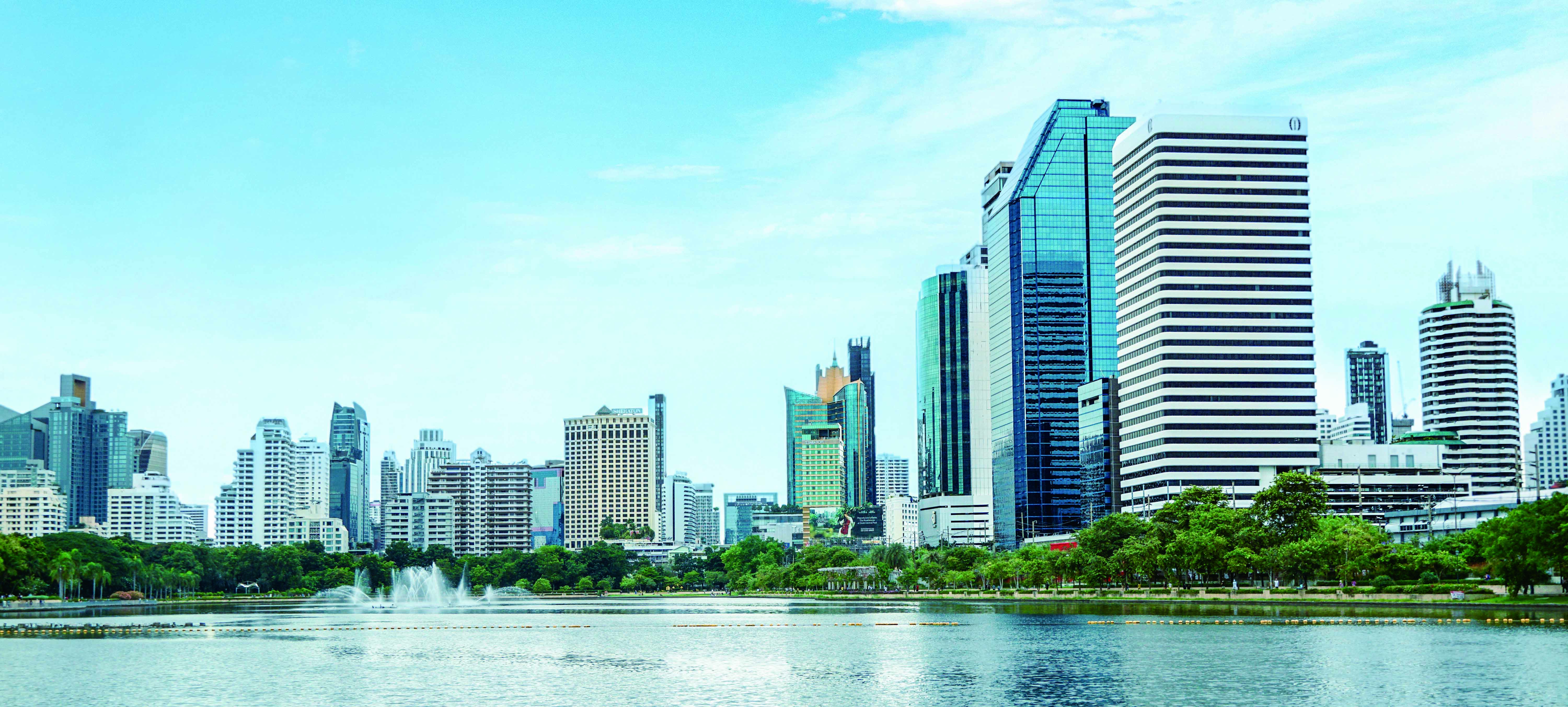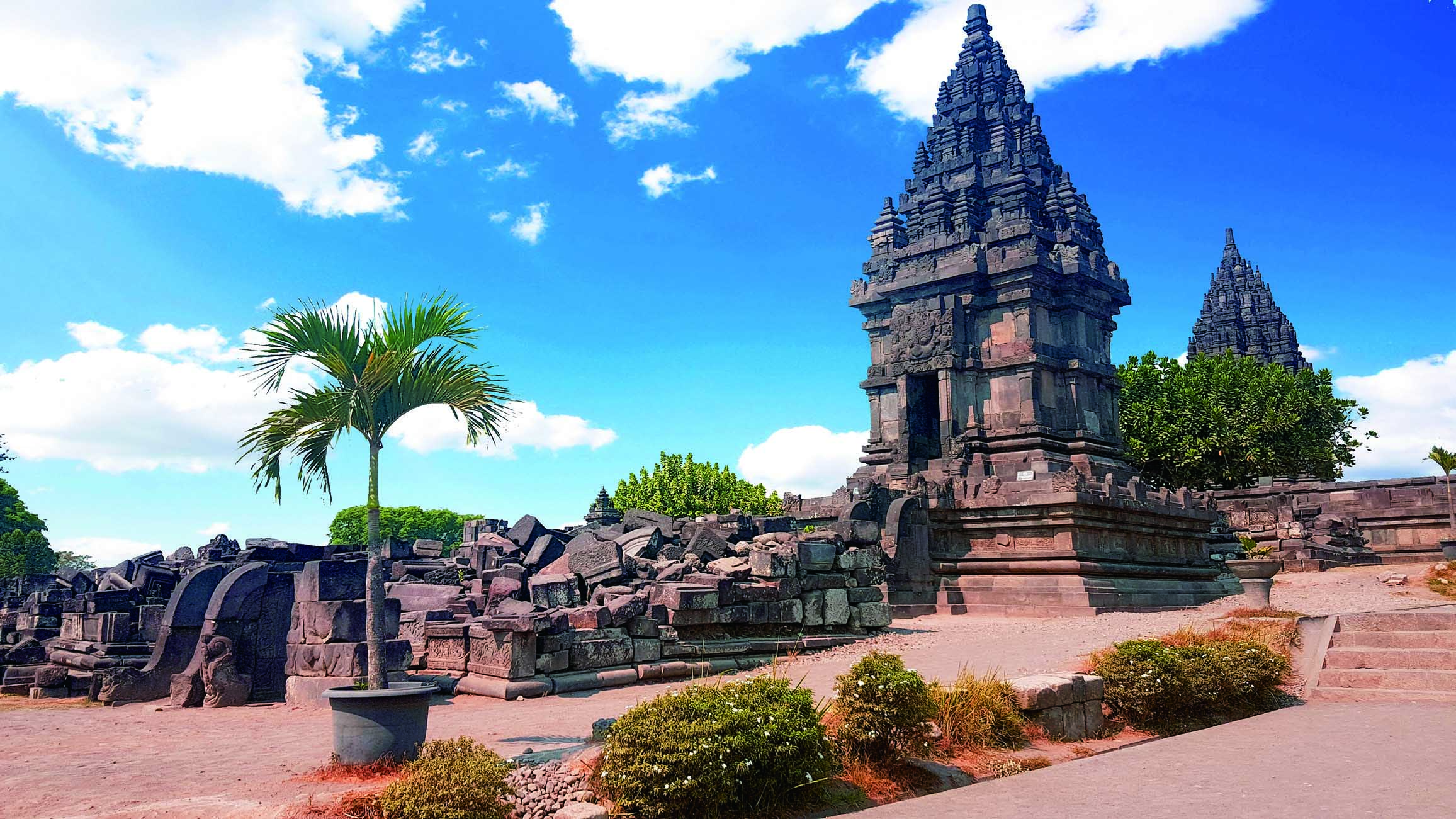






Indonesia, the Growing Economic "Tiger" of Southeast Asia
The "Thousand Islands"
Indonesia, officially the Republic of Indonesia, is a country located in Southeast Asia and Oceania between the Indian and Pacific oceans. Indonesia is the world's largest island country and the 14th-largest country by area. It is known as the "Thousand Islands" due to its numerous islands.
Indonesia is a founding member of international organization ASEAN and also a member of the G-20 major economies countries. Though, the country is group of islands nonetheless, it shares its international boundaries with Papua New Guinea, East Timor, and Malaysia. Besides, the neighboring countries are Singapore, Australia, Philippines, and Andaman and Nicobar Islands of India.
Boosting Tourism Industry
Indonesia is a country that attracts millions of tourists each year with its diverse culture, natural beauty, and rich history. The tourism industry in Indonesia plays a significant role in the country's economy. It brought significant foreign exchange inflows to Indonesia in the form of international tourism receipts, as well as investments and capital in tourism-related businesses. Tourism has typically resulted in infrastructure improvements for the local economy of a country.
Currently, there are different types of trips that tourism can enjoy in Indonesia, including cultural heritage, natural attraction, adventure tourism, ecotourism, culinary experiences, wellness and spa retreats, island hopping, MICE, etc.
The rise of affluent travelers has fueled demand for high-end resorts offering private villas, wellness retreats, and unique cultural experiences. Destinations like Ubud and Raja Ampat cater to this trend with exclusive, immersive offerings.
The tourism industry in Indonesia continues to grow, offering a wide range of experiences and attractions for visitors. The government, along with tourism organizations, promotes sustainable tourism practices to preserve the country’s natural and cultural heritage while providing economic opportunities for local communities.

Rapidly Developing Hospitality Sectors
The Indonesia hospitality real estate market size is estimated at USD 2.06 billion in 2025, and is expected to reach USD 3.65 billion by 2030, at a CAGR of 12.07% during 2025-2030.
Tourism is the primary driver of this industry. Some tax and real estate rules have also been loosened, which has made it possible for locals and foreigners to invest in and buy buildings for the lucrative hospitality business in the country.
130+
New Hotels by 2024
4,584
Star-rated Hotels
31,175
Accommodation Businesses
The hospitality sector continues to be a significant driver of furniture demand, with Indonesia's robust tourism infrastructure supporting market growth. According to Indonesia Statistics Agency in its publication, Hotel and Other Accommodation Statistics in Indonesia 2024, the number of hotels and accommodation businesses in Indonesia grew by 7.48% in 2024.
Across provinces, most regions experienced growth in accommodation businesses in 2024. Bali led with 4,154 businesses, followed by East Java with 4,055, and West Java with 3,125.
This creates substantial demand for high-quality hospitality furniture products. The growth in the hospitality sector has led to increased specialization among furniture manufacturers, with many companies developing dedicated hospitality furniture divisions offering customized solutions for hotels, resorts, and restaurants.
The Transforming Indonesian Furniture Market
The Indonesia Furniture Market size is estimated at USD 7.97 billion in 2025, and is expected to reach USD 10.90 billion by 2030, at a CAGR of 6.46%.
Digital Innovation
Indonesia's furniture industry is experiencing significant transformation driven by digital innovation and changing consumer preferences. The e-commerce landscape has become increasingly important, with Indonesia's digital economy expected to reach USD 83 billion by 2025, creating new opportunities for online furniture retailers to expand their online presence.
Major retailers are incorporating advanced technologies like augmented reality and virtual reality showrooms to enhance the customer experience, as exemplified by Wisanka Indonesia's introduction of outdoor Virtual Reality Showrooms in 2023. The integration of technology has also led to the development of sophisticated online catalogs and ordering systems, with companies like IKEA shifting from printed catalogs to digital platforms to provide more interactive and convenient shopping experiences.
Changing Preferences
The industry is witnessing a notable shift towards sustainable and eco-friendly furniture production, responding to growing environmental consciousness among consumers. Furniture companies are increasingly adopting eco-design principles, incorporating strict environmental criteria from the product design stage through manufacturing. This includes using recycled materials, sustainable wood sources, and implementing environmentally friendly production processes.
The sector's commitment to sustainability is further evidenced by manufacturers' adherence to international certifications such as the Forest Law Enforcement, Governance, and Trade (FLEGT) and the national Timber Legality and Assurance System (SVLK).
FFDA welcomes exhibitors and visitors from all around the world!